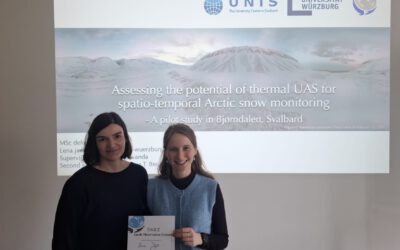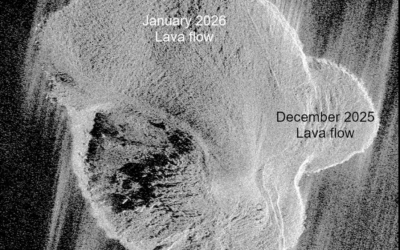Last year, the Urban Burden of Disease Policy workshop on Cities, form, environmental exposures and health impacts took place in Sitges, Spain. Our Professor Hannes Taubenböck had been invited to give a keynote talk titled “Urban form – Analysis from space” – we had reported on this: https://remote-sensing.org/invited-keynote-at-ubdpolicy-workshop/ . This was the starting point for a co-operation between many of the workshop participants.
In the course of the interdisciplinary research work, a joint paper entitled “Exploring the nexus of urban form, transport, environment and health in large-scale urban studies: A state-of-the-art scoping review” has just been published in the journal Environmental Research by Georgia M.C. Dyer, Sasha Khomenko, Deepti Adlakha, Susan Anenberg, Martin Behnisch, Geoff Boeing, Manuel Esperon-Rodriguez, Antonio Gasparrini, Haneen Khreis, Michelle C. Kondo, Pierre Masselot, Robert I. McDonald, Federica Montana, Rich Mitchell, Natalie Mueller, M. Omar Nawaz, Enrico Pisoni, Rafael Prieto-Curiel, Nazanin Rezaei, Hannes Taubenböck, Cathryn Tonne, Daniel Velazquez-Cortes and Mark Nieuwenhuijsen.
Here is the abstract of the paper:
Background: As the world becomes increasingly urbanised, there is recognition that public and planetary health relies upon a ubiquitous transition to sustainable cities. Disentanglement of the complex pathways of urban design, environmental exposures, and health, and the magnitude of these associations, remains a challenge. A state-of-the-art account of large-scale urban health studies is required to shape future research priorities and equity- and evidence-informed policies.
Objectives: The purpose of this review was to synthesise evidence from large-scale urban studies focused on the interaction between urban form, transport, environmental exposures, and health. This review sought to determine common methodologies applied, limitations, and future opportunities for improved research practice.
Methods: Based on a literature search, 2958 articles were reviewed that covered three themes of: urban form; urban environmental health; and urban indicators. Studies were prioritised for inclusion that analysed at least 90 cities to ensure broad geographic representation and generalisability. Of the initially identified studies, following expert consultation and exclusion criteria, 66 were included.
Results: The complexity of the urban ecosystem on health was evidenced from the context dependent effects of urban form variables on environmental exposures and health. Compact city designs were generally advantageous for reducing harmful environmental exposure and promoting health, with some exceptions. Methodological heterogeneity was indicative of key urban research challenges; notable limitations included exposure and health data at varied spatial scales and resolutions, limited availability of local-level sociodemographic data, and the lack of consensus on robust methodologies that encompass best research practice.
Conclusion: Future urban environmental health research for evidence-informed urban planning and policies requires a multi-faceted approach. Advances in geospatial and AI-driven techniques and urban indicators offer promising developments; however, there remains a wider call for increased data availability at local-levels, transparent and robust methodologies of large-scale urban studies, and greater exploration of urban health vulnerabilities and inequities.









